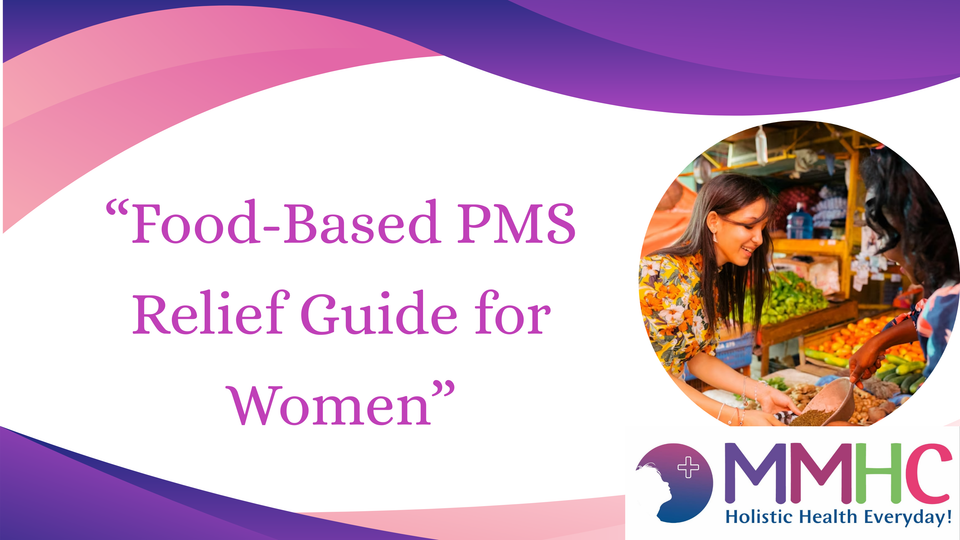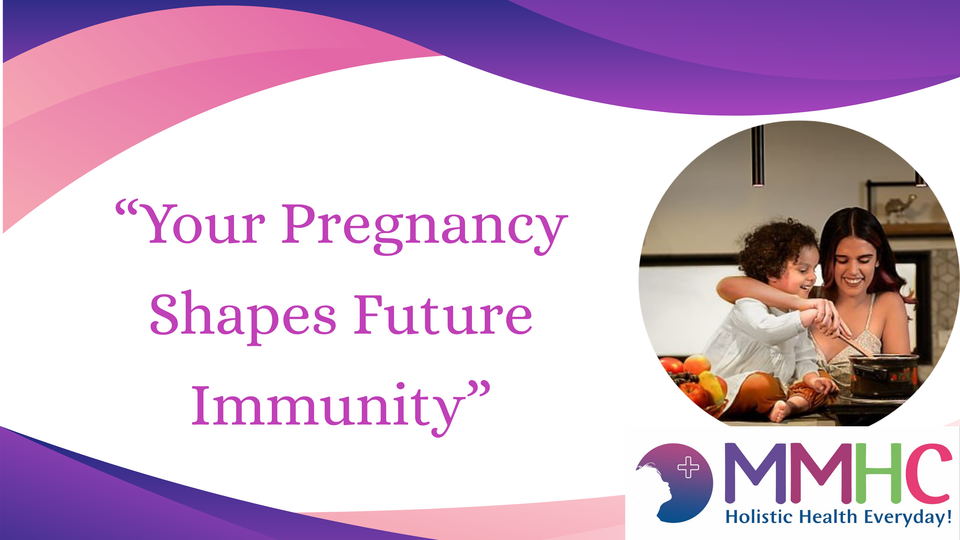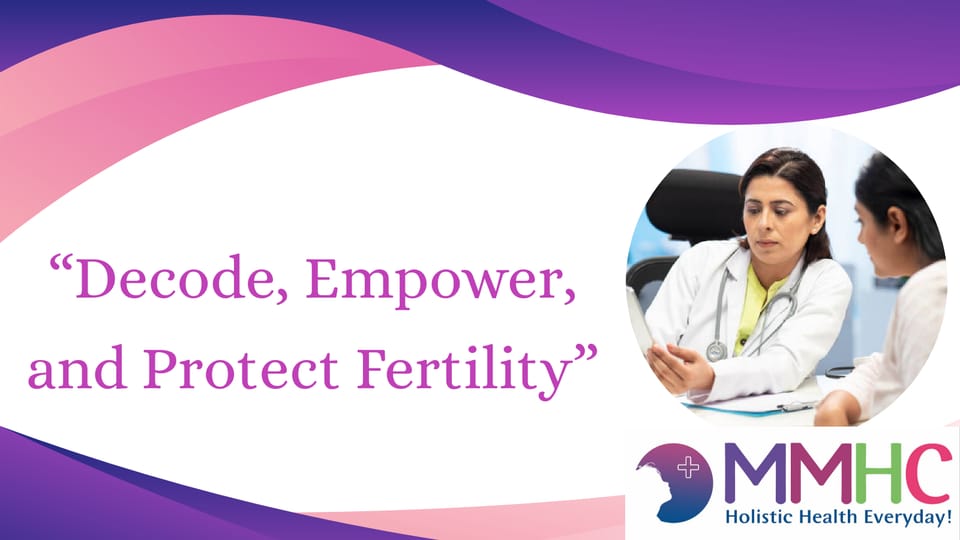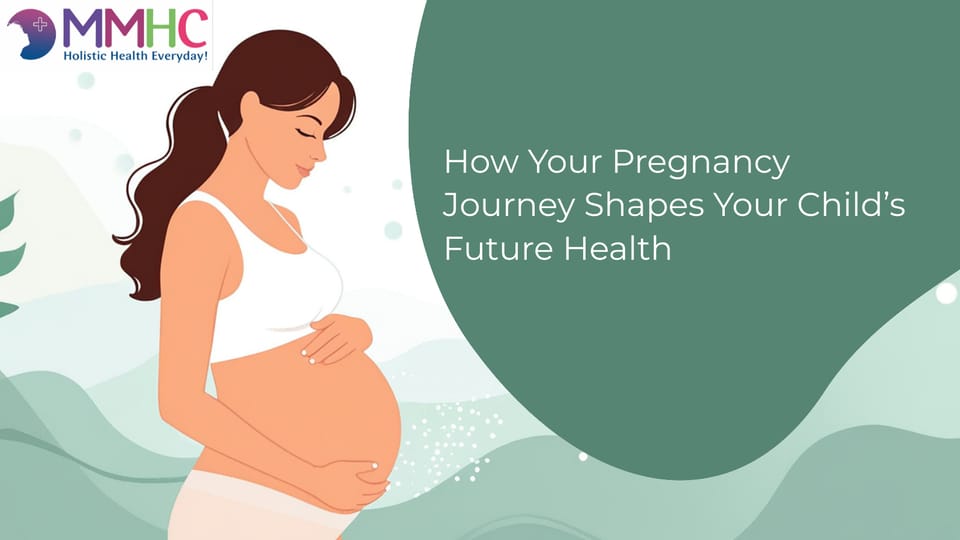Your Pregnancy, Your Baby's Immunity: How Your Today's Health Shapes Theirs for a Lifetime?
Are you seeing more and more children in your Mumbai housing complex or your child’s Bangalore preschool with sniffles , lingering rashes and unexplained food intolerances ?
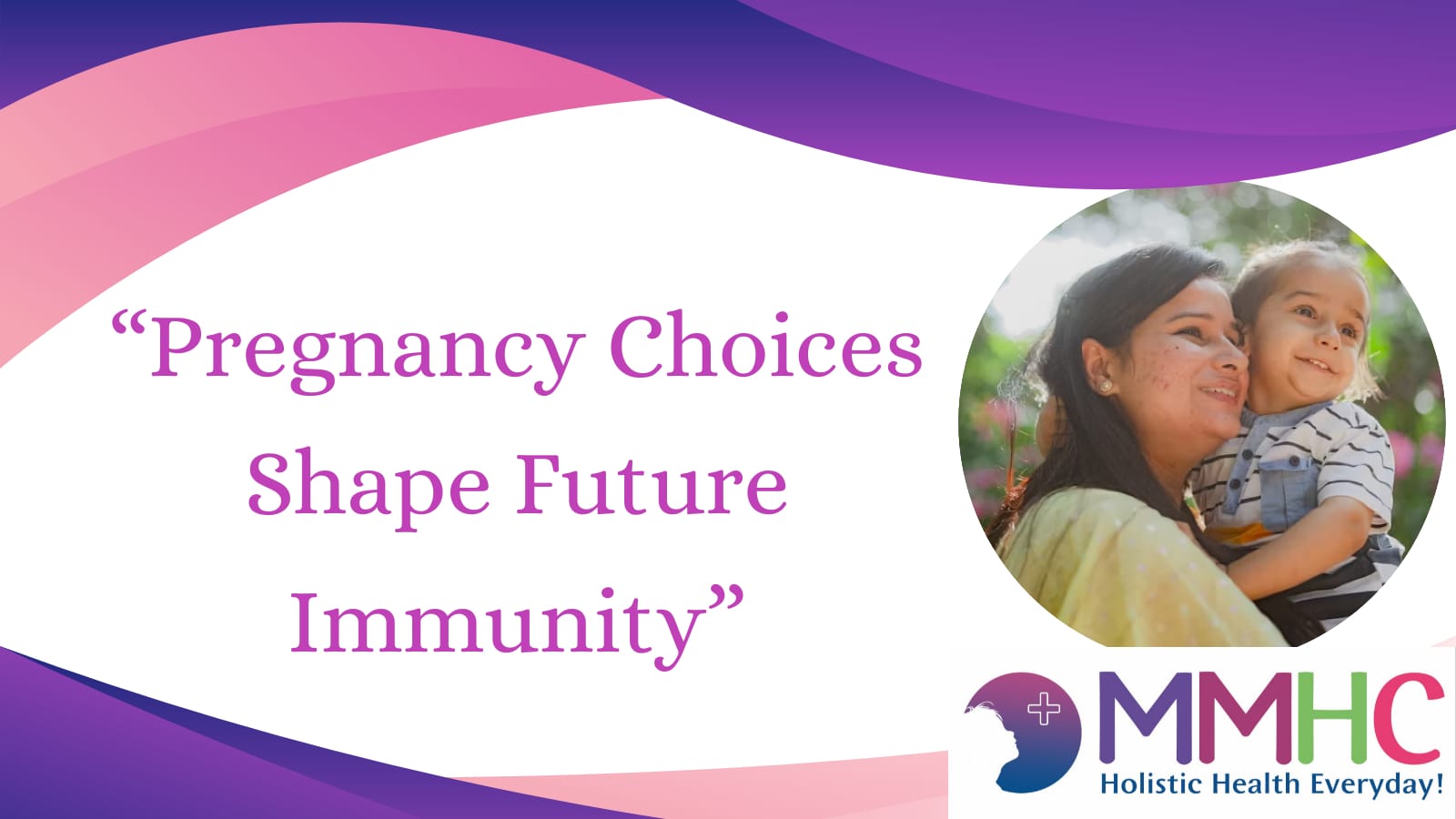
Building a resilient future, beginning now

Are you seeing more and more children in your Mumbai housing complex or your child’s Bangalore preschool with sniffles, lingering rashes and unexplained food intolerances? You are not alone. In Indian metros like Pune, Bangalore and Mumbai, the “allergy epidemic” is picking up pace among parents. A recent analysis reveals that in some major cities like Mumbai, asthma affects around 16.67% of urban children, which is more than double the national average :cite[1]. What had been classified as an exception is now increasingly the rule and with it allergies are now a key challenge for public health both globally and here in our cities. The World Health Organization states that allergies are a major global health problem, and studies the prevalence are on the rise all over.
The Lasting Impact of Early Foundations
This deep-seated idea is part of what scientists call “fetal programming,” or the “Developmental Origins of Health and Disease” (DOHaD). It’s like a craftsman building a house on a solid, thoughtfully designed foundation. In the same way that a strong foundation is critical for the long-term stability and health of a building, the environment you create for your child prenatally shapes your child’s health and well-being for years to come.
Why So Many Sniffles? The Hygiene Hypothesis Explained
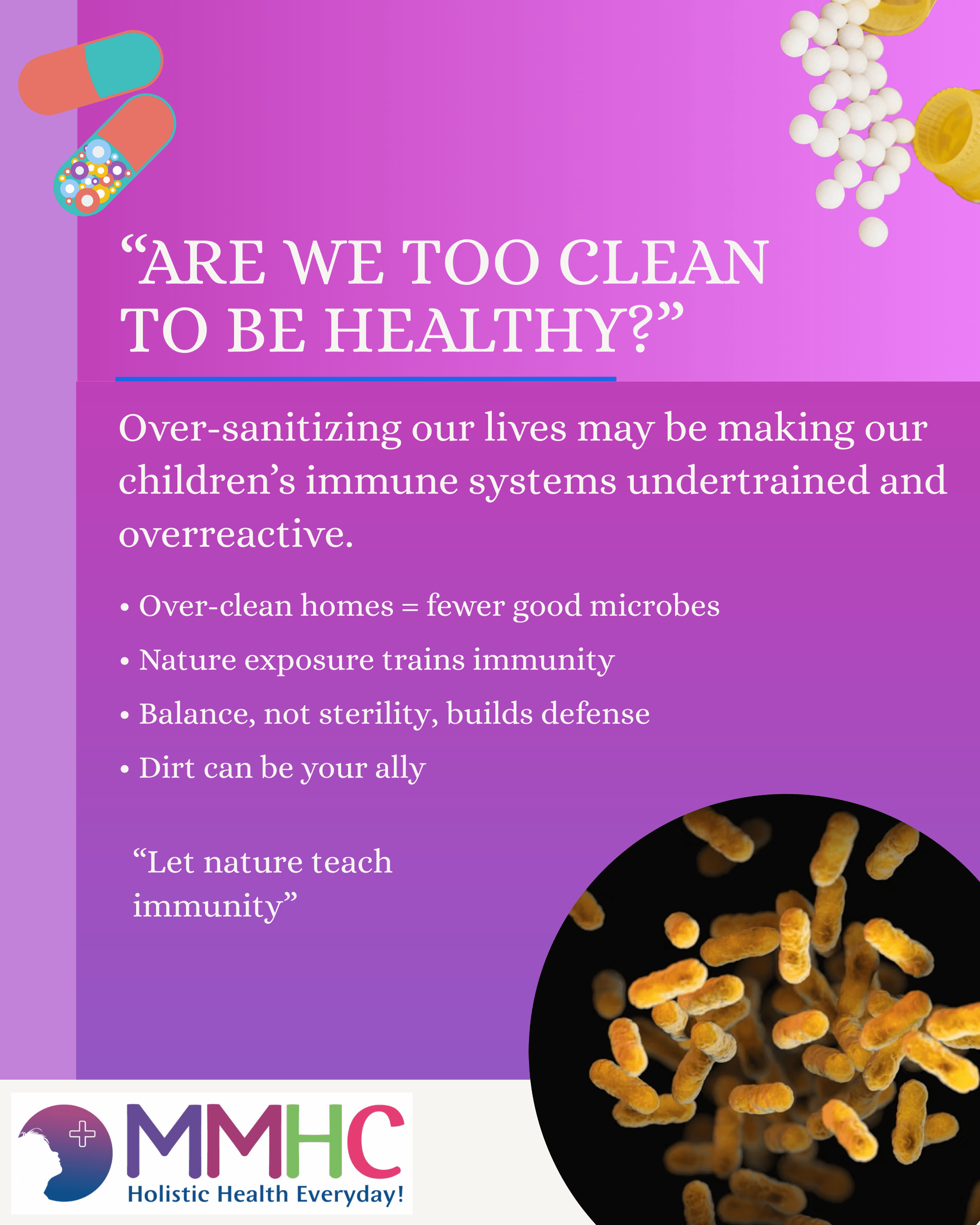
In our day-to-day lives as urban Indians, we are busy cleaning and scrubbing and washing hands, from boiling water to wiping tables. Infections are an important part of that, but perhaps this super-clean environment is also helping to drive an increase in allergies. This thinking is core to the “hygiene hypothesis,” which posits that a diminished exposure to a broad array of microbes early in life leaves our immune systems under-trained, so to speak, when it comes to distinguishing between harmless substances (pollen or food) and real threats to health. The single most important source of this vital microbial education is your gut microbiota—the trillions of bacteria, fungi, and other microbes that reside in your digestive system.
The Urban Environment and Your Immune Health
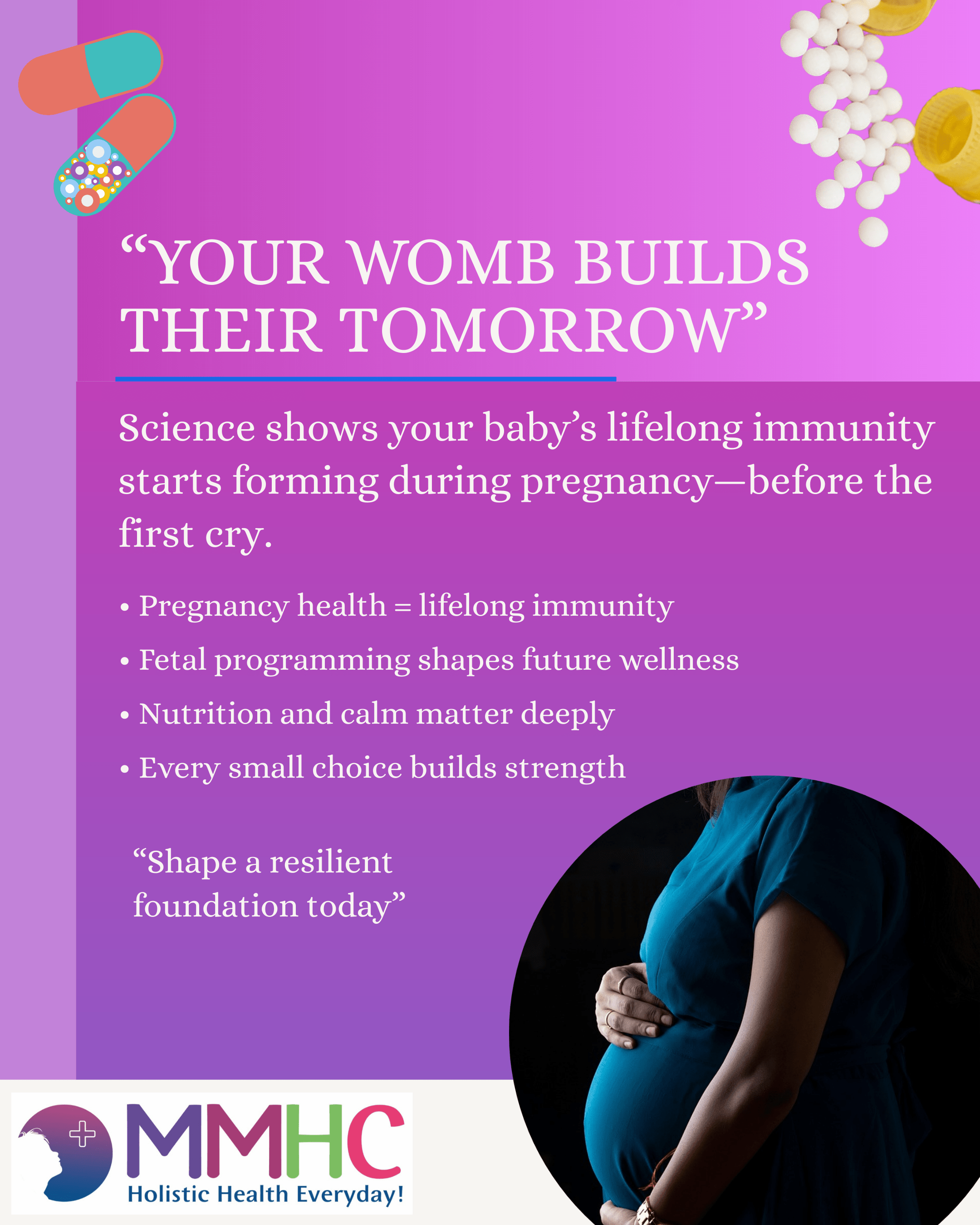
And urban is important. As the World Health Organization notes, urban settings may breed health hazards, including those related to non-communicable diseases and immune dysregulation. Things like air pollution, too little green space, and how we design our cities can all contribute. Studies point to air pollution, specifically particulate matter (PM2.5) from traffic emissions, as a key factor that penetrates deep into the lungs, triggering airway inflammation and worsening allergic symptoms :cite[1].
Harnessing Science: The Role of Probiotics
This knowledge has opened up a new and exciting chapter of research into probiotics – live microorganisms which, when administered in appropriate amounts, provide a health benefit to the host. Research has investigated the ability of probiotic supplementation to be given to the mother during pregnancy, as well as to the infant, to potentially reduce the risk of atopic eczema, a frequent first event in the allergic march. In fact, the World Allergy Organization (WAO) has developed global guidance on the management of allergic conditions, including anaphylaxis, reinforcing an increasing number of studies that demonstrate the importance of microbial exposures early in life :cite[5].
Helpful Hints for a Healthy Pregnancy and Child with a Happy, Resilient Tummy
What can you do during your pregnancy to best nurture your baby's developing immune system, and help reduce the chances they might become allergic (using what you now know for empowerment rather than worry)? Here are some practical take-aways:
1. Nourish Your Gut, Nourish Your Baby
The state of your gut health plays a major role in your baby’s immune programming. Emphasize a wide variety of fiber-rich foods especially fruits, vegetables, and whole grains. You can also savour traditional Indian fermented food including homemade dahi curd, idli, dosa and much more. These products contain live bacteria that can help improve your maternal gut microbiome and confer those benefits to your baby by enriching your own microbiome.
2. Consider Probiotics – Under Expert Supervision
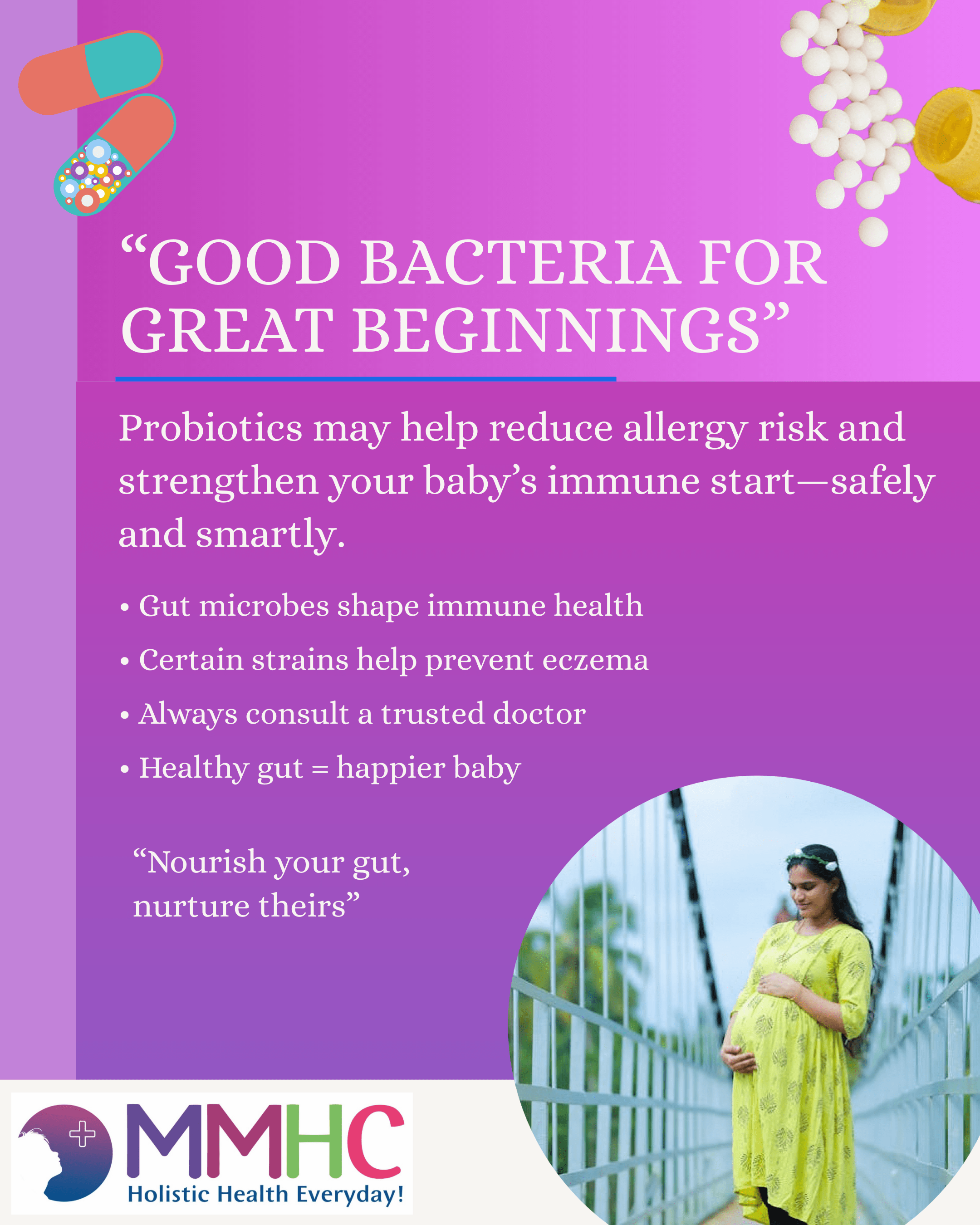
In light of the encouraging studies, particularly in relation to atopic eczema, it is worthwhile to talk to your doctor about the possibility of probiotic supplementation. Not all probiotics are the same; the strain, time of administration and length of use can all be important to its efficacy. The WHO emphasizes that "pregnant women have the right to timely access to medicines that will work for them, which means they need to have been specifically tested for their needs," highlighting the importance of evidence-based approaches for this population :cite[3]. Discuss with your MMHC provider if a prenatal probiotic may be right for you, citing studies featuring potential benefits in allergy prevention, particularly for eczema.
3. Cultivate a Well-Rounded Environment
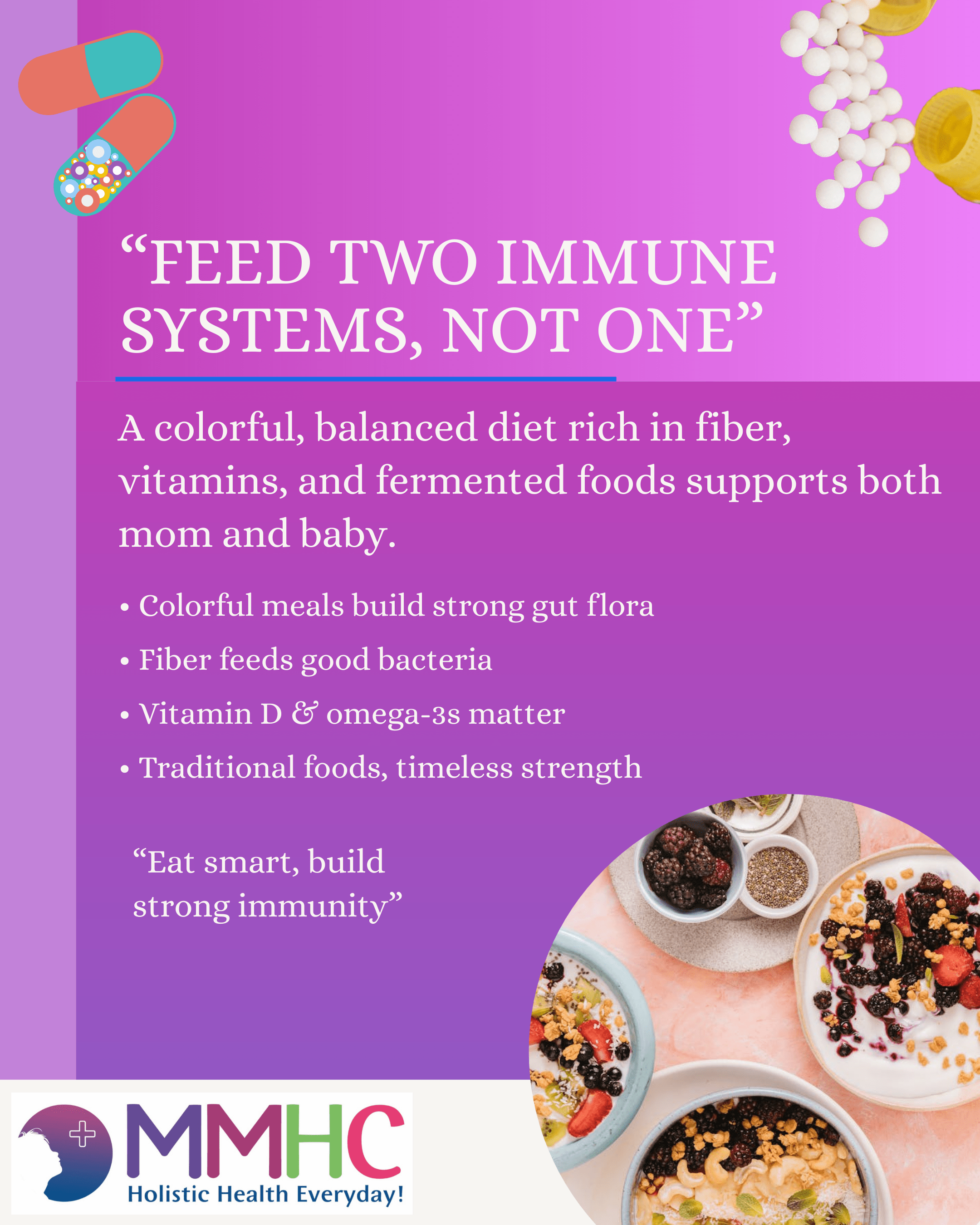
Cleanliness is necessary, but too clean an environment may impede the development of the immune system. Gently challenge the notion that one has to wipe down everything. Promote access to different natural environments: Visit local parks, gardens or take a quick trip to the countryside. This may add yet another layer of good bugs, increasing microbial diversity for you and your baby.
4. Keep Stress at Bay for the Sake of Both Mom and Baby

Although pregnancy may be a wonderful experience, it can sometimes also been a rather stressful one, especially, now that so many people live in metropolitan cities. Studies also suggest that a little mother's stress during pregnancy can alter fetal development, shape immunologic processes in offspring, and predispose them to higher risk of asthma and allergy. Embrace the de-stressing ritual Indian moms savor: prenatal yoga, meditation, a silent moment in nature, or relishing a cup of chai alongside your nearest and dearest.
5. Eat a Weekly Balanced and Nutrient-Dense Diet
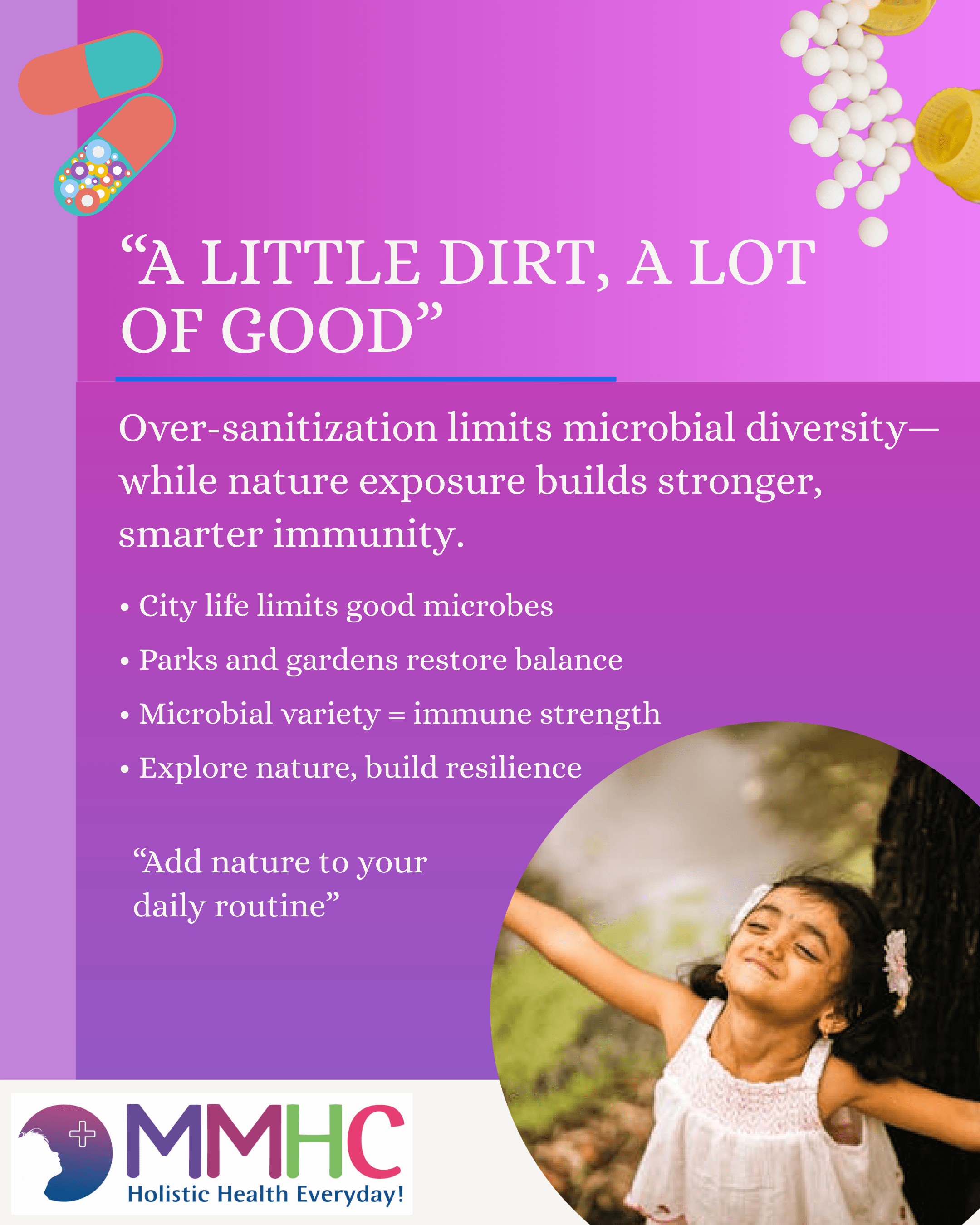
In addition to gut health, a balanced diet during pregnancy in general is essential. Get enough of these essential nutrients. Although the central paper is predominantly immune and microbe focused, other work highlights the role of maternal diet and specific nutrients (including Vitamin D and fatty acids) in allergy related outcomes. Talk with your healthcare provider or a dietitian to verify that your diet is sufficient for both you and your baby.
We Are Partner in Your Child's Long-term Health!
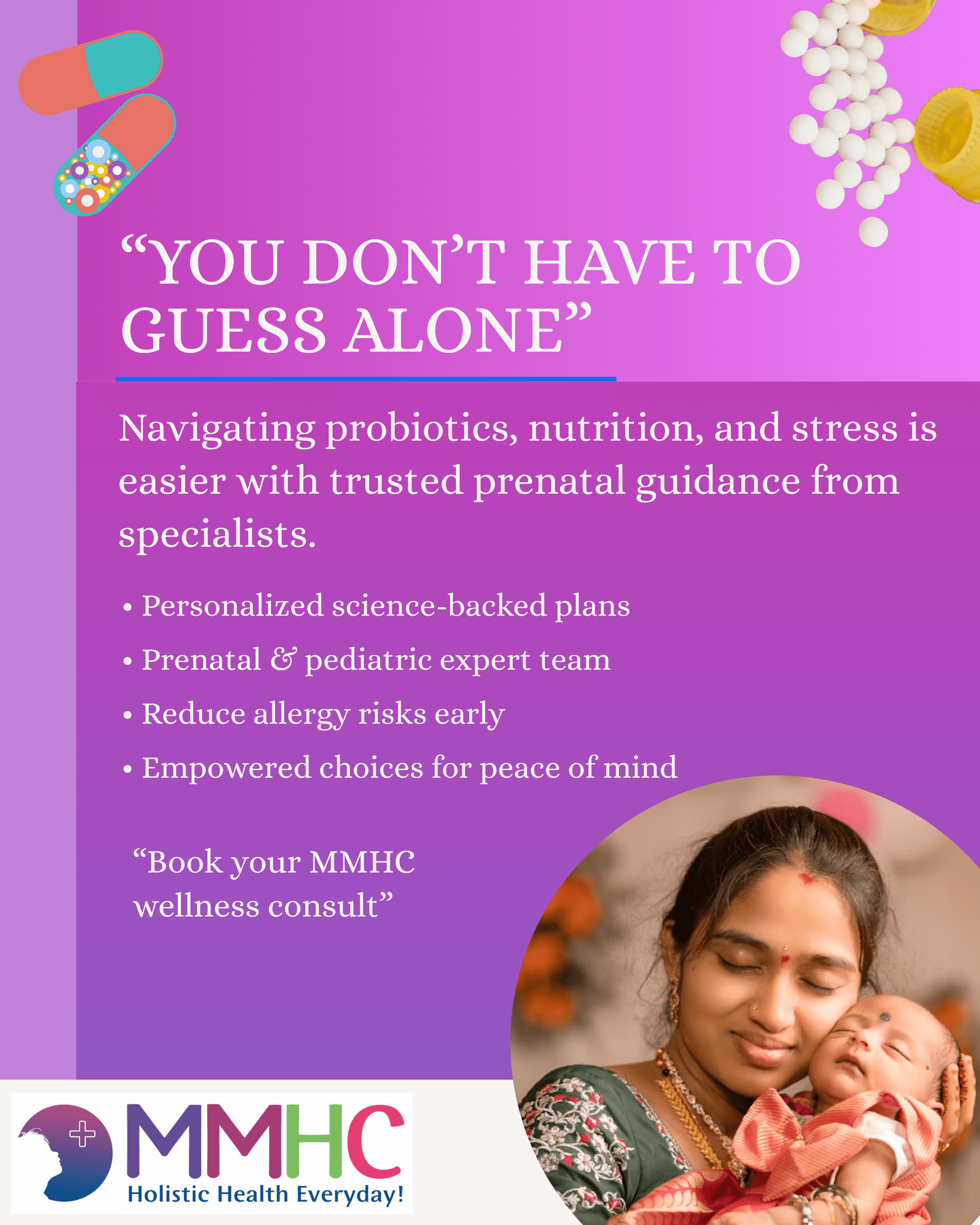
There are so many decisions to make in the journey of parenting, and what seems like the best way to support your child’s health can be confusing at times. But the science is strong: that your health and your environment as a pregnant woman are powerful means by which you can help establish a strong immune foundation for your child, one that could ultimately help reduce their risk for developing allergies and other immune-mediated diseases. You are serving as an active partner in your child’s lifelong health by taking care of yourself in that you focus on your gut health and you make educated decisions.
Concerned about the skyrocketing rates of allergies and looking for the best way to give your child the healthiest start? But science says the foundation for your child’s immunity is built well before their first birthday.
Trying to make sense of prenatal health and allergic disease prevention is daunting, particularly in the face of contradictory advice and the environmental challenges of life in the city.
You don't have to do this alone. The MMHC team of prenatal and pediatric specialists is ready to guide you with customized recommendations based on the most current research and focused on your family's unique needs. Book a consultation now to develop a preventive care plan for you and your infant. Visit our website at MMHC for additional information.
